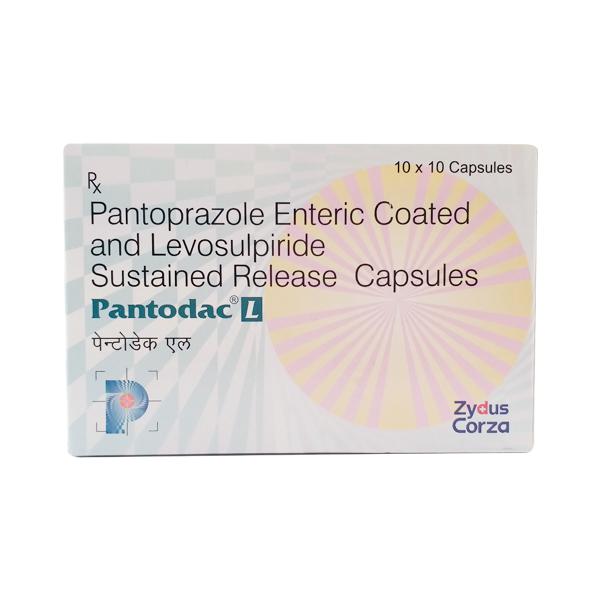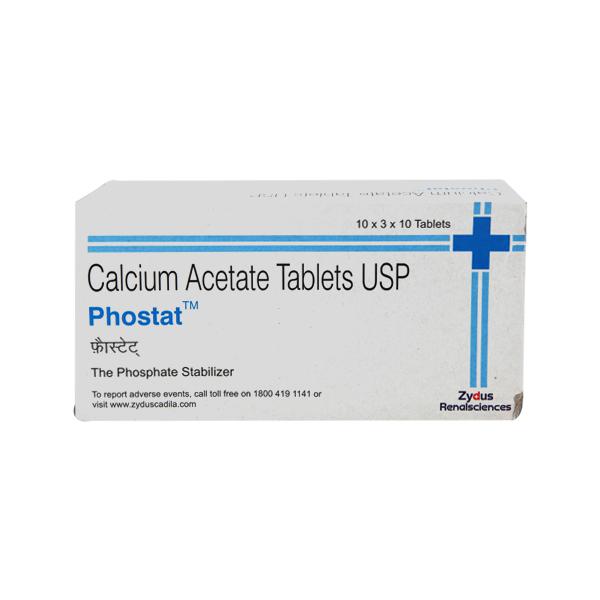linid
Introduction to Linid
Linid is a brand name for the antibiotic Linezolid, which is used to treat serious bacterial infections. It is particularly effective against infections caused by bacteria that are resistant to other antibiotics, such as MRSA (Methicillin-resistant Staphylococcus aureus).
Composition of Linid
Linid contains the active ingredient Linezolid, which works by inhibiting the production of proteins that bacteria need to grow and multiply. This action helps to stop the spread of infection in the body.
Uses of Linid
- Treatment of serious bacterial infections
- Effective against pneumonia and lung infections
- Used for skin infections
- Particularly useful for treating MRSA infections
Side Effects of Linid
Common Side Effects:
- Headache
- Diarrhea
- Nausea
- Vomiting
Serious Side Effects:
- Changes in blood cells
- Vision problems
- Issues with blood sugar levels
- Problems with body chemicals and muscle function
Precautions of Linid
Linid should not be taken with certain medications like MAOIs (Monoamine oxidase inhibitors) or warfarin due to potential dangerous interactions. It should be avoided during pregnancy unless absolutely necessary. Foods high in tyramine should be avoided as they can cause a dangerous increase in blood pressure. Regular blood tests are recommended, especially for long-term use, to monitor potential issues with blood cells.
How to Take Linid
- Adults typically take 600 milligrams orally twice a day, every 12 hours
- Children under 12 are prescribed a different dosage based on their weight
- Take the medicine with a full glass of water
- Can be taken with or without food
Conclusion of Linid
Linid is a powerful antibiotic used to treat serious bacterial infections, especially those resistant to other treatments. While it is effective, it is important to be aware of its side effects and interactions with other medications. Always follow your healthcare provider's instructions and report any unusual symptoms immediately.

Similar Medicines
More medicines by Zydus Cadila
Available in 3 variations

strip of 10 tablets

Linid IV 600mg Infusion 300ml
bottle of 300 ml infusion

Linid OD Tablet
strip of 5 tablets














.svg)
